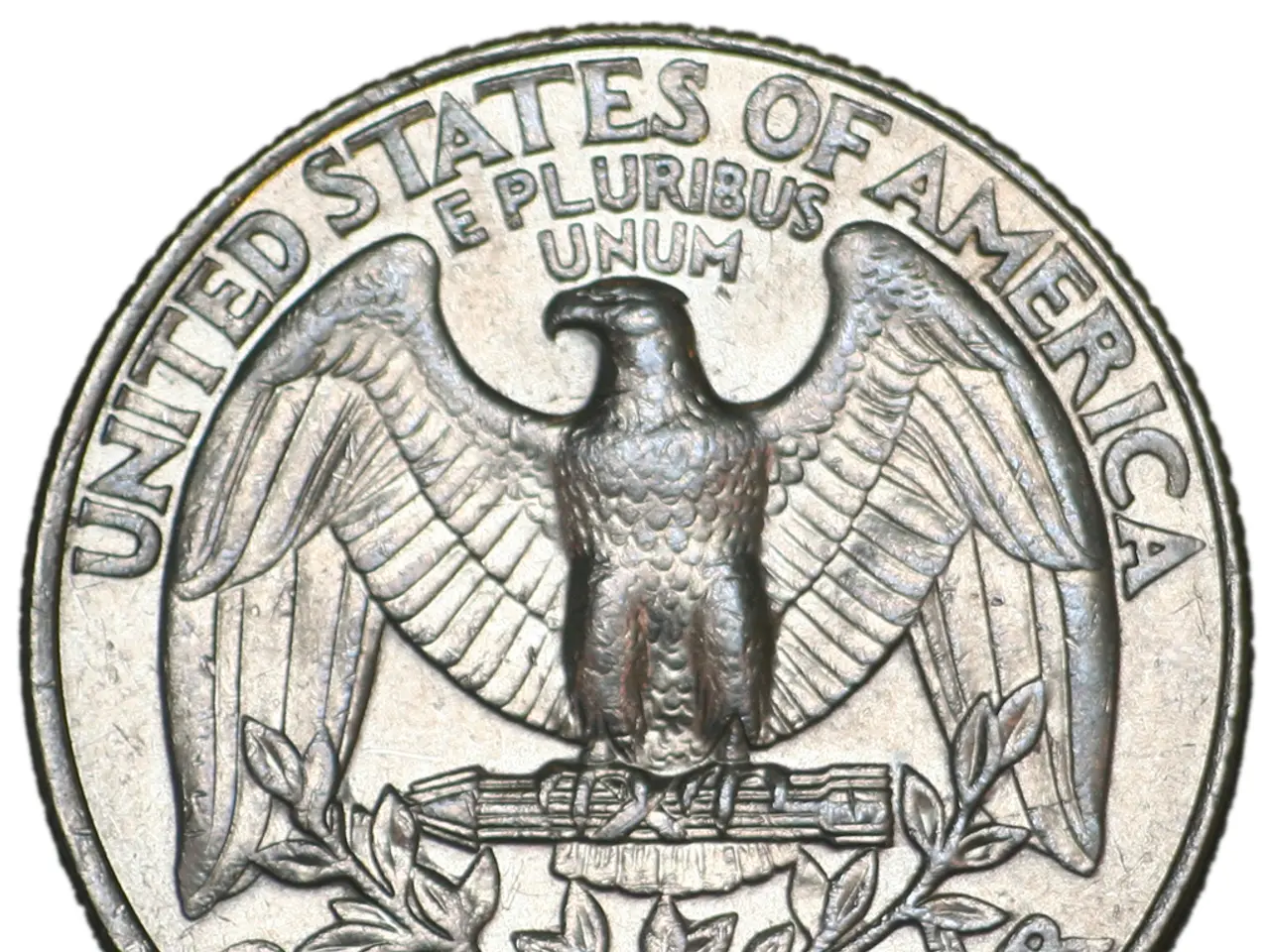Central Bank of Korea seeks control over digital currencies known as stablecoins. Tether, a digital currency, made accessible to Korean residents.
South Korea Embraces Won-Based Stablecoins: BOK to Play Key Role in Regulation
The Bank of Korea (BOK) is set to play a significant role in the authorization and regulation of won-based stablecoins, as the country prepares to integrate these digital assets into its financial infrastructure.
Last week, Koh Kyung-chul, Head of BOK's Electronic Finance team, emphasized the importance of the central bank's involvement in the authorization process. Koh stated that central bank intervention at the authorization stage would minimize negative impact on policy execution, given the significant influence stablecoins have on monetary policy operations.
The BOK's desire for a role in authorizing stablecoin issuers is not new. The bank has been advocating for this position, recognizing the potential benefits of stablecoins as part of South Korea’s digital asset ecosystem.
Meanwhile, private-sector initiatives are reflecting growing confidence that won-based stablecoins will be authorized and regulated soon. Recently, a consortium of Korea's largest banks announced plans to issue a Won stablecoin, marking a significant step towards the integration of stablecoins into the country's financial system.
However, currently, Won stablecoins are not allowed in Korea due to the lack of stablecoin legislation. The ruling Democratic Party has introduced legislation aimed at formalizing issuance and circulation of won-backed stablecoins, proposing an end-to-end regulatory framework. While the Financial Services Commission (FSC) is expected to play a key supervisory role, legislative and regulatory details are still being finalized.
The BOK wants to maintain oversight and control given concerns about capital flow management and potential instability from unregulated stablecoins. It is expected that Korea will pass stablecoin legislation later this year, granting the BOK substantial legal authority at the authorization stage for stablecoin issuers.
In a recent development, Tether's digital currency has been launched on the Kaia blockchain, a product of the merger between Klaytn (founded by Kakao) and Finschia (founded by LINE). The Kaia blockchain brings a potential audience of almost 250 million users, given the social network audiences of its founders. The Kaia Foundation has partnered with Tether, the largest stablecoin issuer, to natively issue Tether's digital currency on the Kaia blockchain.
This shift in South Korea’s monetary policy from exclusive central bank digital currency (CBDC) focus to a hybrid model embracing private-sector-issued won stablecoins under a multi-regulator framework, with the BOK positioned as a key oversight authority, is a significant step towards digital asset adoption in the country. The BOK's involvement in the authorization process is necessary to ensure the stability and security of the won-based stablecoin ecosystem, paving the way for a more inclusive and innovative digital finance landscape in South Korea.
- The Bank of Korea (BOK) is expected to hold substantial legal authority at the authorization stage for stablecoin issuers, with a aim to ensure the stability and security of the won-based stablecoin ecosystem.
- Recognizing the potential benefits of stablecoins as part of South Korea’s digital asset ecosystem, the BOK has been advocating for a role in authorizing stablecoin issuers.
- The Financial Services Commission (FSC) is expected to play a key supervisory role, alongside the BOK, as legislative and regulatory details for stablecoin issuance and circulation are finalized.
- Tether's digital currency has been launched on the Kaia blockchain, a blockchain backed by the merged entities Klaytn and Finschia, potentially bringing a wider audience for stablecoin investment.
- As South Korea prepares to integrate stablecoins into its financial infrastructure, news about insiders and experts on finance, technology, and legal aspects offer valuable insights for investors and stakeholders considering or participating in the stablecoin market.




